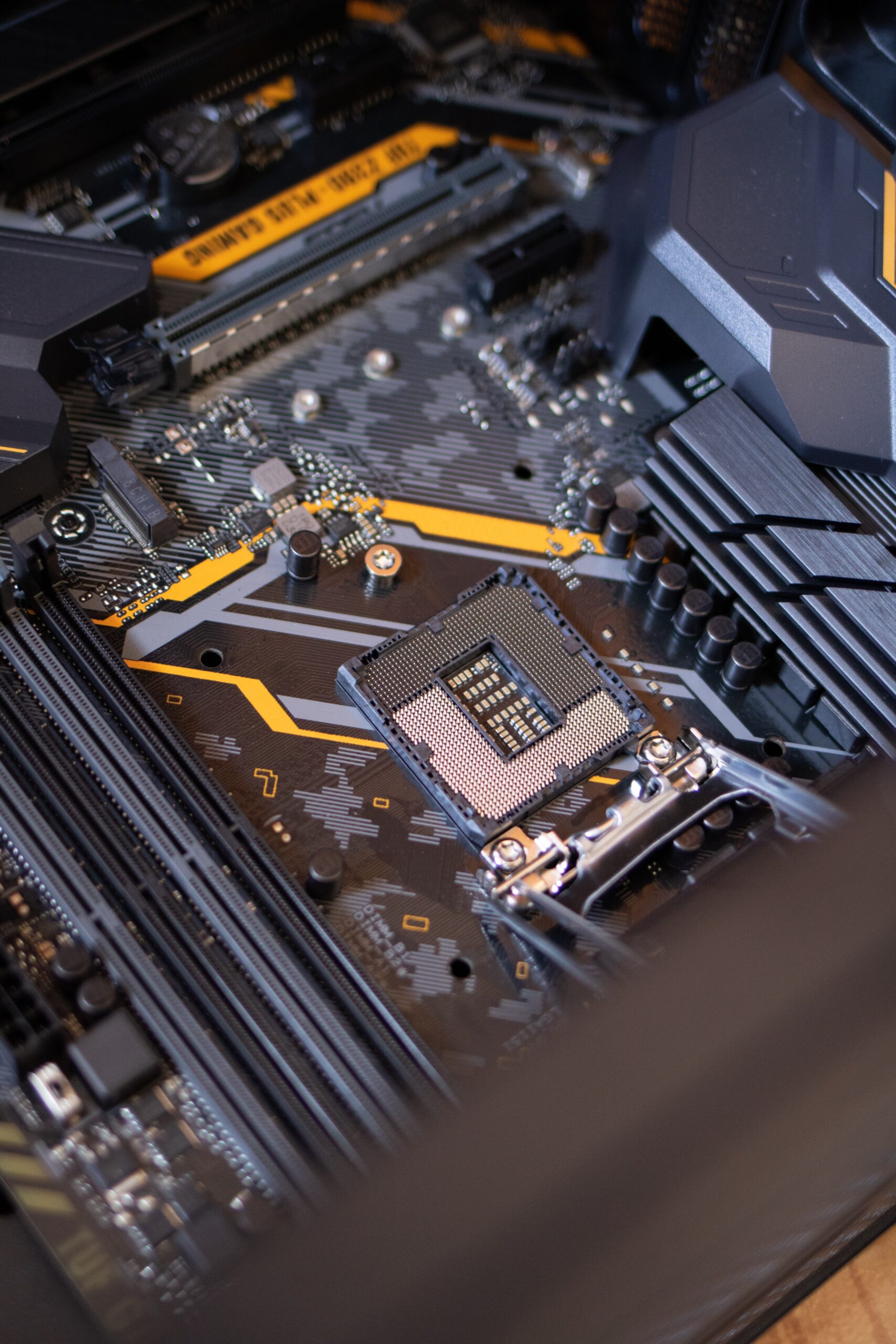The Green Powerhouse: Why You Need to Eat Vegetables Every Day
Discover the compelling reasons behind incorporating vegetables into your daily diet with our comprehensive blog post. From essential nutrients and fiber to disease prevention and weight management, we delve into the myriad benefits that vegetables offer. Learn why vegetables should be a fundamental part of your daily meals and unlock the secrets to a healthier, more vibrant life.
In this blog post, we explore the importance of consuming vegetables on a daily basis. Vegetables are not only delicious but also pack a powerful nutritional punch. We delve into the reasons why vegetables should be a staple in your diet, including their rich nutrient content, fiber content, disease-fighting properties, role in weight management, and their ability to enhance overall well-being. By understanding the numerous benefits of vegetables, you’ll be inspired to incorporate these vibrant and nutrient-dense foods into your daily meals for a healthier and more fulfilling life.
Introduction: Vegetables are the unsung heroes of our plates, offering a plethora of health benefits while adding color, texture, and flavor to our meals. Yet, despite their abundance and nutritional value, many people struggle to include enough vegetables in their daily diet. In this blog post, we aim to shed light on why eating vegetables every day is essential for optimal health and well-being. From vital nutrients and fiber to disease prevention and weight management, let’s uncover the compelling reasons to make vegetables a cornerstone of your diet.
-
Nutrient Powerhouses: Vegetables are nutritional powerhouses, providing essential vitamins, minerals, and antioxidants necessary for overall health. They are rich in vitamins A, C, K, and various B vitamins, as well as minerals like potassium, magnesium, and folate. These nutrients play crucial roles in supporting immunity, promoting healthy skin, maintaining strong bones, and supporting various bodily functions.
-
Fiber for Digestive Health: Vegetables are an excellent source of dietary fiber, which aids in digestion and promotes gut health. Fiber helps prevent constipation, supports regular bowel movements, and contributes to a feeling of fullness, making it beneficial for weight management. Additionally, a high-fiber diet has been linked to a reduced risk of various diseases, including heart disease, type 2 diabetes, and certain types of cancer.
-
Disease Prevention: Numerous studies have shown that a diet rich in vegetables is associated with a lower risk of chronic diseases. The antioxidants and phytochemicals found in vegetables help combat oxidative stress and inflammation in the body, reducing the risk of conditions such as heart disease, certain cancers, and neurodegenerative disorders.
-
Weight Management: Including a variety of vegetables in your diet can be a valuable asset in managing weight. Vegetables are low in calories while being high in fiber, which promotes satiety and reduces the risk of overeating. Additionally, their high water content contributes to a feeling of fullness, helping to control calorie intake and support weight loss or maintenance efforts.
-
Overall Well-being: Eating vegetables every day can have a positive impact on your overall well-being. Their nutrient density supports energy levels, cognitive function, and mood stability. The variety of flavors, textures, and colors that vegetables offer can also enhance the enjoyment of meals, making healthy eating more pleasurable and sustainable in the long run.
Conclusion:
Incorporating vegetables into your daily diet is a powerful step toward achieving optimal health and well-being. From their nutrient-rich profiles and fiber content to disease prevention and weight management benefits, vegetables are an indispensable component of a balanced diet. By making vegetables a regular part of your meals, you provide your body with essential nutrients, support digestive health, and decrease the risk of chronic diseases. So, embrace the vibrant world of vegetables





